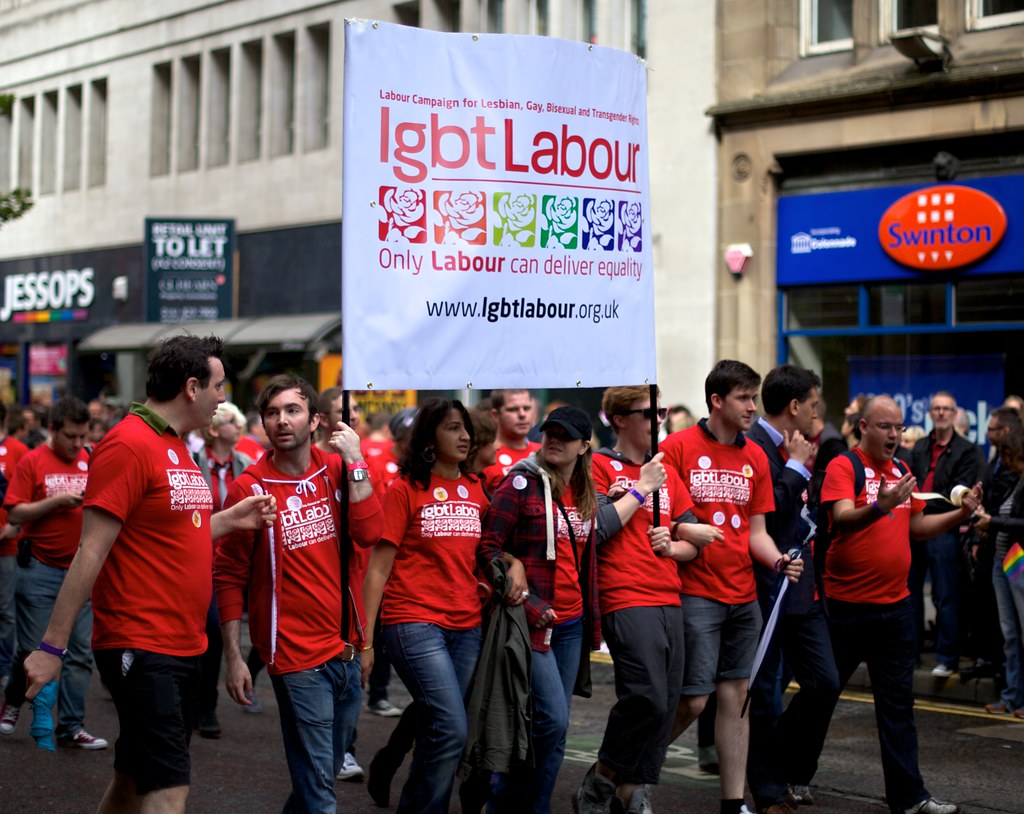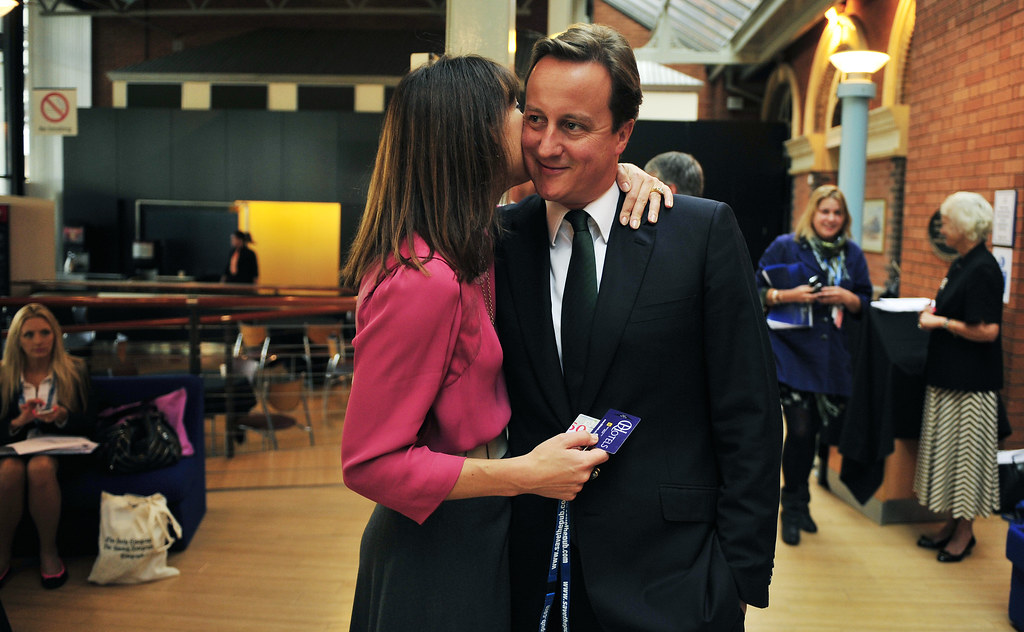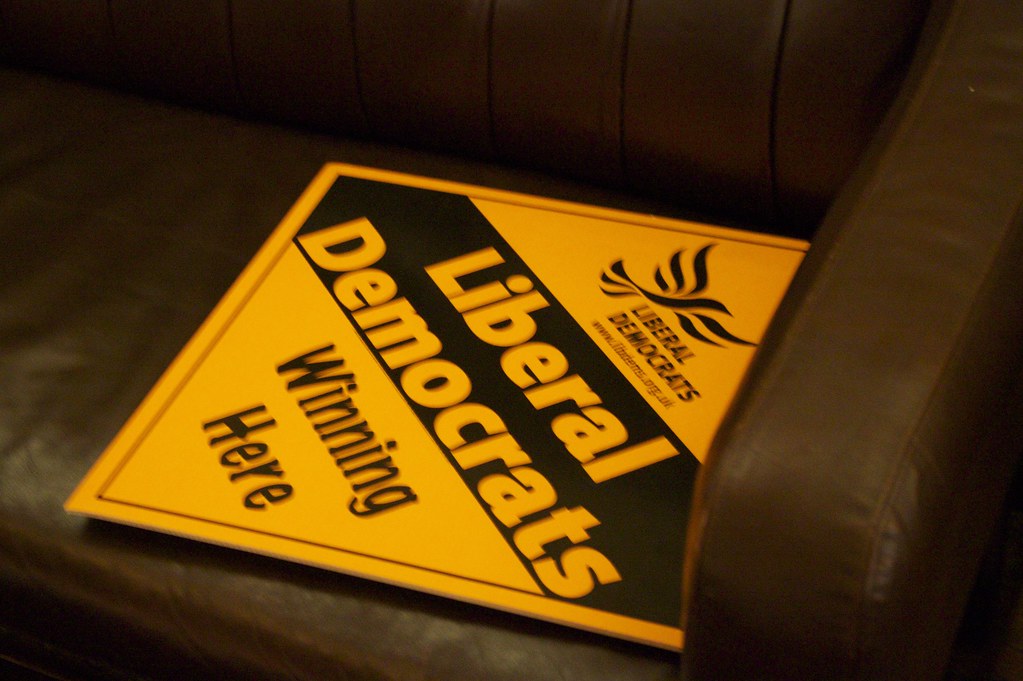2014 elections: ‘a political earthquake?’
Today, 22nd May, more than 500 million people across Europe will go to the polls to elect their members of the European Union’s sole democratic body, the European Parliament, for the next five years.
For the first time, the Europe-wide party that gets the most seats will be able to propose a candidate for the position of President of the European Commission (akin to a European Prime Minister, albeit with much less power). However, in Britain, long established as the most Eurosceptic country in the Union, not many votes will actually go towards deciding who leads the EU forward after a very difficult five years.
[one_third]

Photo: flickr/jenniferjanemills
The party everyone is talking about is of course the radical right UKIP. A single-issue joke less than ten years ago, and prone to fading away in national votes and being referred to as ‘fruitcakes, loonies and closet racists’ by David Cameron just five years ago, Nigel Farage’s party are now polling at 30%. Greater public scrutiny and frequent exposure of high-level candidates as racist and bigoted has not dented the populist, ‘anti-politics’ vote of Farage’s party, who want to withdraw from the EU, severely limit immigration and slash government spending. Representing people who feel scared and confused by economic decline, cultural change and mass immigration, UKIP has successfully both played on these fears and moved the public debate to the right, causing serious problems for both the established parties and the quality of national discussion. UKIP have a real chance of topping the poll at the local elections, sending a group of MEPs to sit with the pro-withdrawal Europe of Freedom and Democracy grouping (who will not present a candidate for President) to represent Britain in Europe. Whatever one’s position on Europe, the rise of such a reactionary party is a real worry, and not one that will go away any time soon. They will hope to build on this probable success by securing their first MPs next year, and start to create the ‘earthquake’ that Farage was talking about.

Photo: flickr/binaryape
With one year to go to a general election at which they can reasonably hope to win a majority, the mood is hardly much better in the Labour corner. Recent opinion polls have seen their lead steadily decline, and the party’s messages seem to be struggling to get through to the public, despite the individual popularity of measures such as fuel bill freezes and rent caps. Labour came a dismal third in the last European election as Gordon Brown struggled in 2009 and can expect to win seats back, but could do with a good showing, preferably coming first, to really sooth nerves and demonstrate some progress before what could be the most important year in the party’s recent history. Labour are in the Party of European Socialists, who are presenting German MEP Martin Schulz as Presidential candidate, but have declined to endorse the federalist-leaning politician. Their MEPs will likely still back him, though. [/one_third] [one_third_last]

Photo: flickr/conservatives
The conventional wisdom is that the rise of UKIP hurts the Conservatives the most, and this is likely to be the case. Just as the economy is recovering, and even if wages are barely catching up to where they once were, David Cameron would be hoping to reap the electoral benefit of such an upturn. But the Tories, who topped this poll in 2009, are likely to come third for the first time in a national election. The last thing Cameron wants is for his barely united party to descend into civil war, with the right demanding a harder line on Europe and immigration to win back UKIP voters, causing the Tories to drift further away from the centre ground they need to win the general election which, despite a better economy and opinion polls, will still be a substantial challenge. The Tories won’t be nominating a candidate for President either: Cameron controversially withdrew them from the main centre-right European People’s Party in another move to appease his Eurosceptics.

Photo: flickr/divinenephron
The most unambiguously pro-EU party in Britain is the Liberal Democrats, and accordingly their candidate Guy Verhofstadt would have you think there are no problems with Europe at all. But the Liberals are in trouble in Germany and Britain, harmed by disastrous spells in government. It is quite likely they will lose all their MEPs at this election, which is unlikely to be fatal for Nick Clegg but hardly bodes well for next year’s General Election. They could even be overtaken by the Greens, who tend to do well at these proportional elections and have evolved into the new leftist party of protest, free from the demands and compromises of office.
In Britain, European elections in themselves do not matter very much.
[/one_third_last]A host of other parties will be competing for your vote: the far right BNP have imploded spectacularly from their 2009 peak and are unlikely to keep their one MEP, whilst the English Democrats will try and probably fail to influence the conversation about devolution in England in the same way the SNP and to a lesser extent Plaid Cymru have in Scotland and Wales respectively. Finally, An Independence From Europe and We Demand A Referendum Now! will confuse enough UKIP supporters into voting for them. In Britain, European elections in themselves do not matter very much. But what they say about the state of the parties a year out from 2015, and our society and political debate more widely, could not be more important.
[divider]
Header photo: flickr/squarcina

Comments (1)